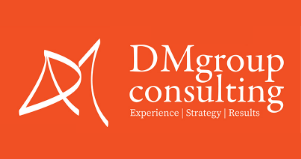If you only get one thing from this article, let it be this: Follow the instructions.
Yep, that’s it. Follow the instructions.
Give the grant maker what they ask for. Don’t say too much or too little. If they want to know the color of the walls in your office, tell them. Don’t ask why and don’t tell them the color of the walls in another office. If they want facts, don’t give them heart-breaking stories.
Give them just what they ask for.
Many foundations have moved their proposal process online. Some are even using a common format with word or character limits. My big tip here is to write your draft in a word document. After it’s been reviewed, edited, formatted and approved, copy and paste each section into the online form.
Some of you are saying “Duh, of course”. But I believe even the most experienced grant writer should write their grant proposal offline.
Have the required attachments in a designated file on your computer, server or cloud, such as:
- IRS Determination Letter
- List of Board of Directors
- Most Recent Audit
- Current Operating Budget
- Current Program(s) Budget(s)
- Board Meeting Minutes
Take time to write case statements for your organization and its programs. Compiling all pertinent information in a single document will save you a great deal of time. Copy like your organization’s mission statement, vision statement, history, goals, and program descriptions will be readily available to place in your grant proposal application.
The following may also seem obvious, but make sure your organization matches the foundation’s areas of interest. Really. As I said, it sounds obvious. Yet I’m constantly surprised by the executive director who tells their development director or grant writer to submit a proposal that doesn’t match.
It never hurts to follow up later with the foundation and ask if your organization’s programs are still outside their areas of interest. Things change.
If a foundation is hosting a workshop about their application process, go to it. You may or may not learn anything new, but the funding host will notice your presence, which could tip the scales in your favor.
Be careful asking board members to speak to a foundation’s board members on behalf of the organization. It could help, but it could just as easily backfire.
The final word is review. Have more than one person read the final draft. Fresh eyes will readily see the typos, improper syntax, and out of place commas.
Foundations want to award funds. Make it easy for them to give to you.




